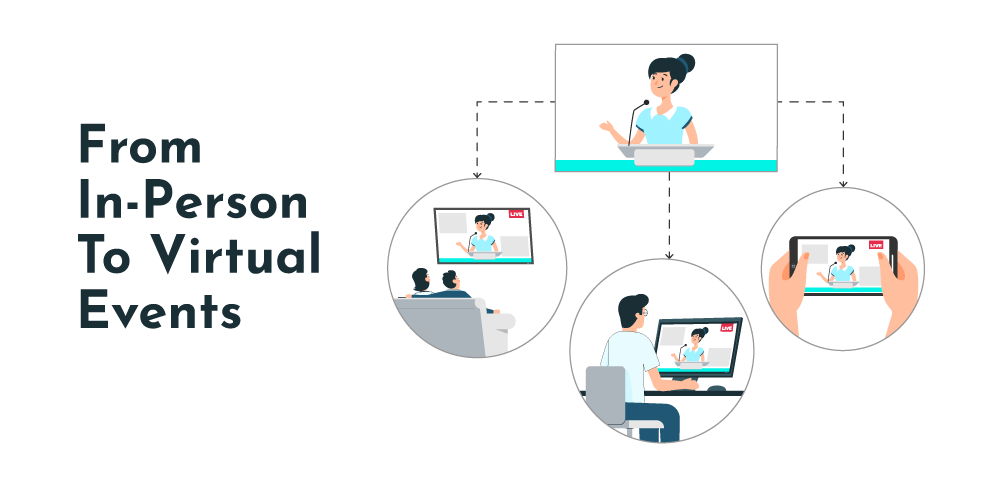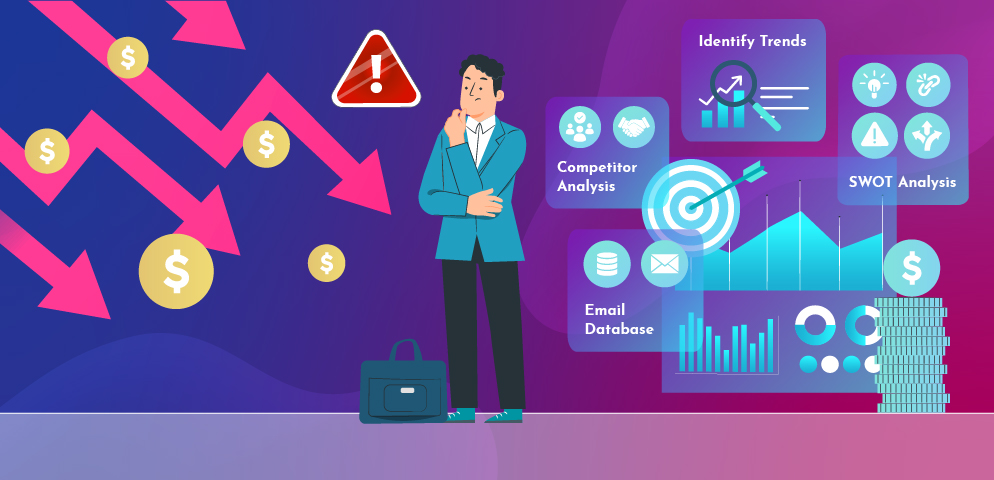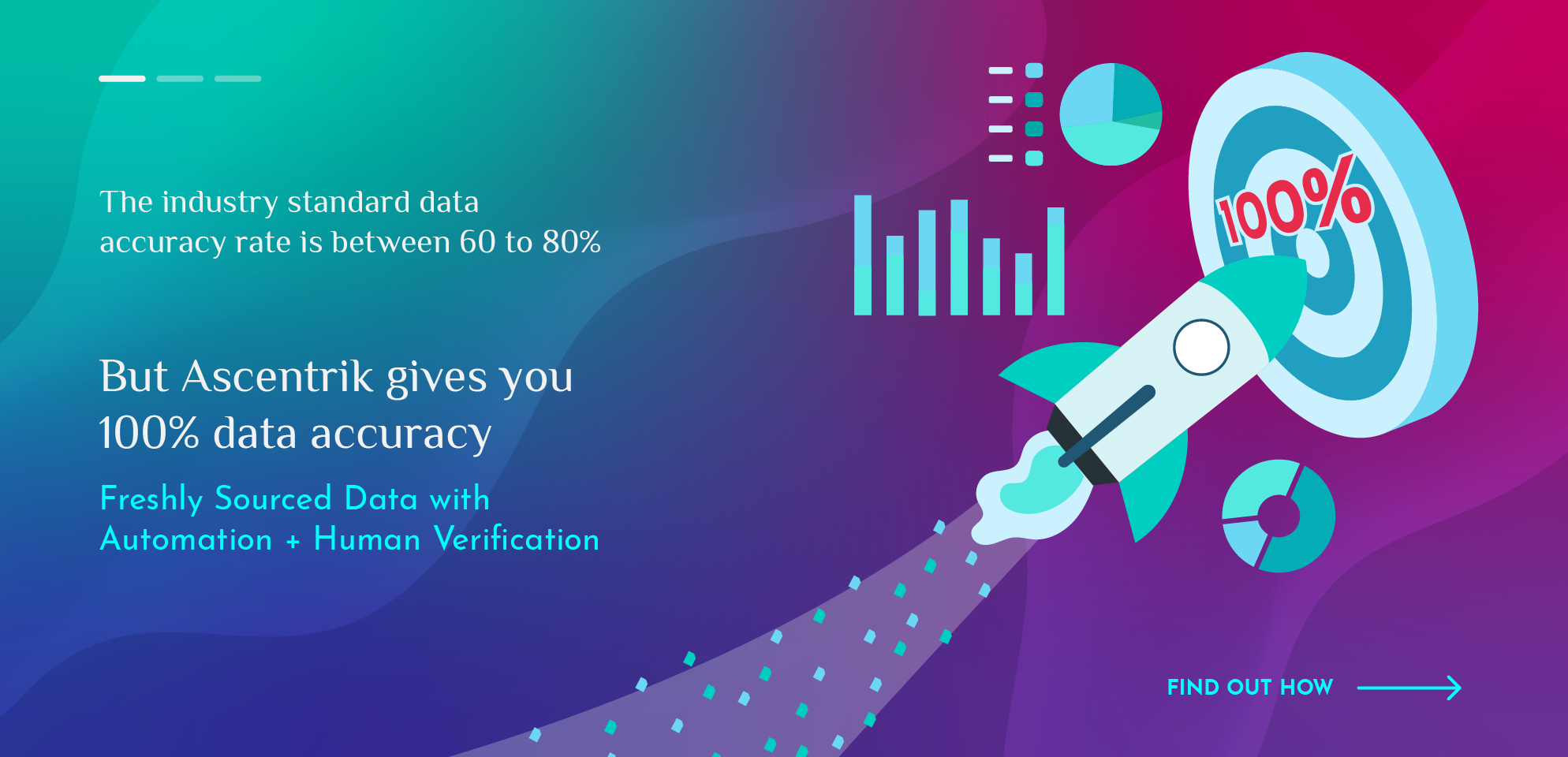
Making a Successful Transition to Virtual Events
There’s no doubt that event organizations around the world have changed the way they function, starting with the entire staff working from home. But one major problem this industry has to deal with is the postponing of all or most events. As we discussed in the previous post, a lot of organizations have begun transitioning to virtual events and have seen good success. Technology has helped Livestream engaging events, and audiences who can’t or don’t wish to travel have been welcoming this option. In this post, we will discuss the ways in which any organization can easily transition to this new approach with ease.
A virtual event relies on content, technology, and data, with strategy and planning. We need to translate the value of face-to-face interaction as much as possible to the virtual space. By being equipped with the right tools and techniques, you will be able to create an engaging and rewarding experience.
What are the various types of virtual events you can choose to conduct?
Webinars – In a webinar, one or more speakers present the content, while attendees from around the world participate. This requires video conferencing tools with the ability to hold a Q and A session and play a prerecorded video, which can later be available on demand. Webinars have been used with success for educational purposes.
Virtual Conferences or Events – They can be online, multi-session events, along with keynote presentations, breakouts, interactive features, etc.
Hybrid Events – These are a combination of in-person and virtual events. This allows for accommodating fewer attendees at the venue, while providing the same content to those attending virtually, with the help of pre-recorded videos and webinars.
These are very useful when budgets are constrained, or when attendee accessibility is a problem, like in the current scenario of travel bans.
How do you ensure virtual events are a success?
Effective content plays a major role in event success. Presentations, keynote speeches, and webinars need to be engaging enough to keep the audience interested.
Marketing and promotions are very important for targeting the right audience, especially email marketing can create demand for an event and increase registrations. For this, you need the right delegate data, as well as lists of speakers and sponsors. Accurate databases will help you target the right attendees and ensure your marketing and sales budget is used effectively.
Finally, you need to measure engagement and capture attendee data. This will give you enough intelligence to plan future events, and check your ROI. You must remember that you won’t be able to generate leads onsite, but data can be gathered virtually so that follow-ups and sales meetings can happen soon after the event.
Looking at data collected after the event helps you understand your audience better, reach out to them more effectively, and target lookalike audiences.
The right use of technology, planning, and data both before and after the event, can help in creating a successful event during the rest of this year, and into the future. Virtual events will always be a great way to cut costs and get around travel constraints while providing almost all the benefits of in-person events.
What are some business activities you can undertake during an economic slowdown?
[dsm_perspective_image src="https://www.ascentrik.com/wp-content/uploads/2022/09/economic-slowdown_1.jpg" alt="The Impact of Data Cleansing and Validation on your Marketing Efforts" title_text="economic slowdown_1" align="center" force_fullwidth="on"...
Freshly sourced data with an accuracy rate of 100%
Freshly sourced data with an accuracy rate of 100%With most top data vendors, it's an accepted fact that data accuracy rates are between 60 to 80%. This eventually leads to at least a 5% bounce rate on your email marketing campaigns. This is because data stored in...
Preparing for a possible economic slowdown with data analytics
[dsm_perspective_image src="https://www.ascentrik.com/wp-content/uploads/2022/08/Economic-recession.jpg" alt="The Impact of Data Cleansing and Validation on your Marketing Efforts" title_text="Economic recession" align="center" force_fullwidth="on"...


